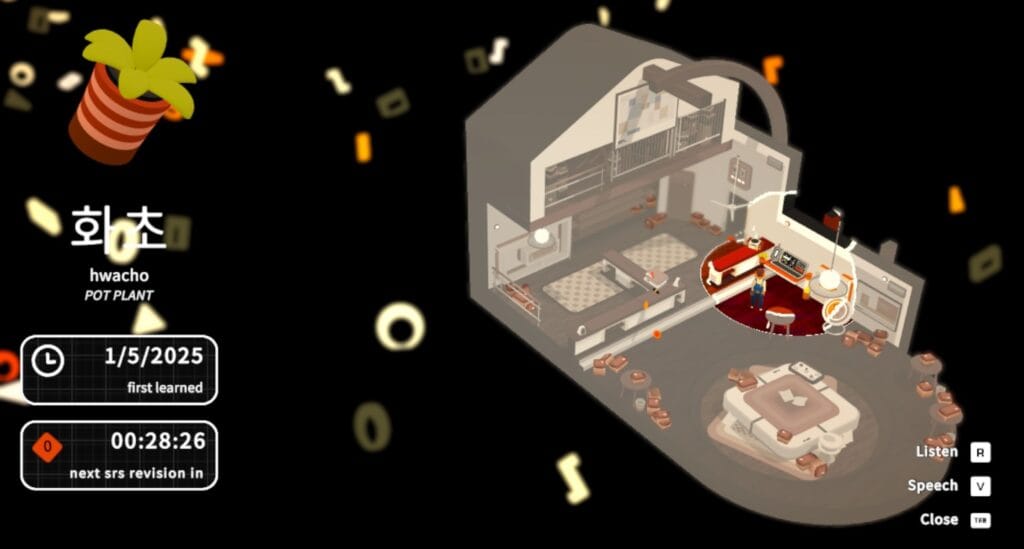Whether you’re worried you will offend or want to impress people, learning Korean etiquette and the dos and don’ts is important! Because of Korea’s unique culture, they have their own etiquette rules and guidelines. Though typically, if they can tell you are a foreigner, Koreans will go easier on you and not expect you to know everything while visiting, so don’t worry about remembering all of these right away!
I have covered a bit of these in the Korean superstitions post a while ago, such as the superstition around putting chopsticks in rice and how it’s become very rude to do. But today I’m going to dive deeper; from food and drinking culture, to daily life, hierarchy, and more.

Korean Etiquette Related to Hierarchy
Starting off strong is etiquette related to hierarchy! South Korea has a big focus on hierarchy; who’s older, more experienced, higher position, etc., and so a lot of cultural rules stem from that.
(more…)





